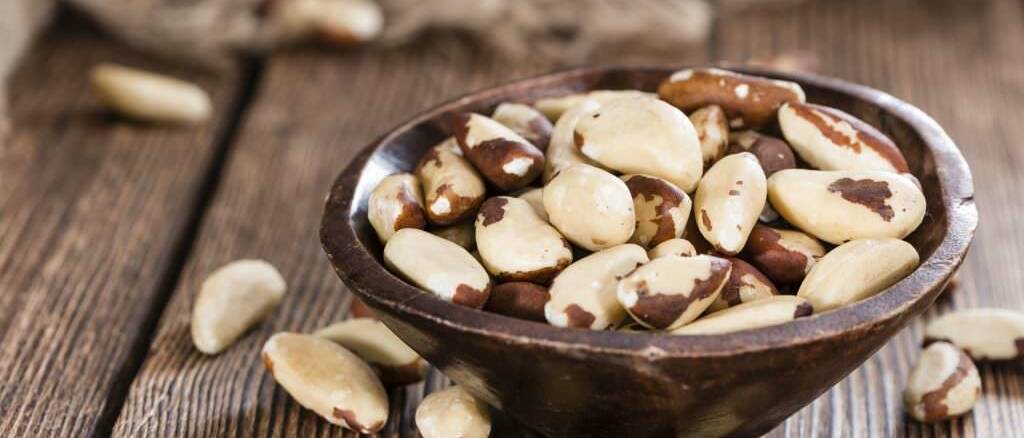What does selenium do?
Selenium is key component of the enzyme glutathione which is one of the body’s most powerful antioxidant. Glutathione will break down toxins and bind to heavy metals thereby protecting cells from free radical damage.
Selenium protects against damage that leads to heart disease and stroke. It also strengthens immunity and may enhance longevity.
A study showed when used in synergy with Vitamin E, selenium helped elderly subjects improve mental alertness, emotional wellbeing, poor appetite and fatigue.
Selenium is also required for the conversion of the thyroid hormone T4 into the more active T3 so selenium deficiency implicated in hypothyroidism.
What is selenium good for?
Selenium has been used therapeutically for relieving symptoms of or preventing:
Arthritis, atherosclerosis prevention, cancer prevention, heart attack prevention, immunodeficiency, cataract prevention, muscular dystrophy prevention, male infertility, heavy metal toxicity.
How much selenium do I need?
RDA is 50-200 mcg per day.
How do I know I need selenium?
Selenium deficiency is becoming more prevalent. This could be due to agricultural methods leaching the soil or sulphur from acid rain competing with selenium for uptake in plants.
There was an interesting finding where a form of heart disease called Keshan disease was eradicated in an area of China after finding that the soil was deficient in selenium.
After supplementing the local population with selenium, Keshan disease virtually disappeared. Selenium deficiency can also cause infertility, SAD syndrome, CFS, muscular dystrophy, liver cirrhosis and cystic fibrosis.
Things you need to know about selenium
L-selenimethionine is the form found in food and most easily absorbed as a supplement.
However, selenium is toxic in minute doses so supplementing must be done in small doses (not exceeding 200 micrograms). Selenium toxicity symptoms include nausea, vomiting, emotional instability, garlic breath odour, loss of hair and fingernails.
Excess selenium is carcinogenic and can cause liver, bone and heart damage.
Where can I find selenium?
- Brazil nuts, sunflower seeds, blackstrap molasses
- Garlic, turnips, swiss chard, oats
- Snapper, halibut, salmon, scallops, oysters
- Brown rice, wheat, barley
IF YOU LIKED THIS POST you might love these
Natural remedies for constipation
13 November 2021
Support immunity with glutathione
31 October 2021
Can bloating be caused by gut bacteria?
21 August 2020
The health benefits of watermelon
30 May 2020






